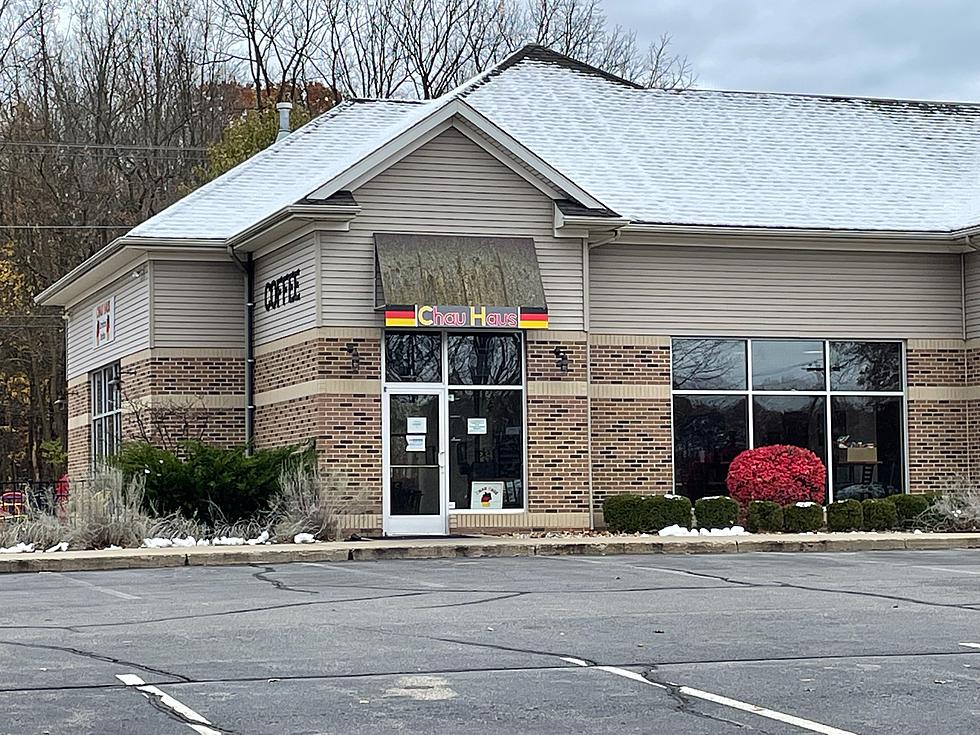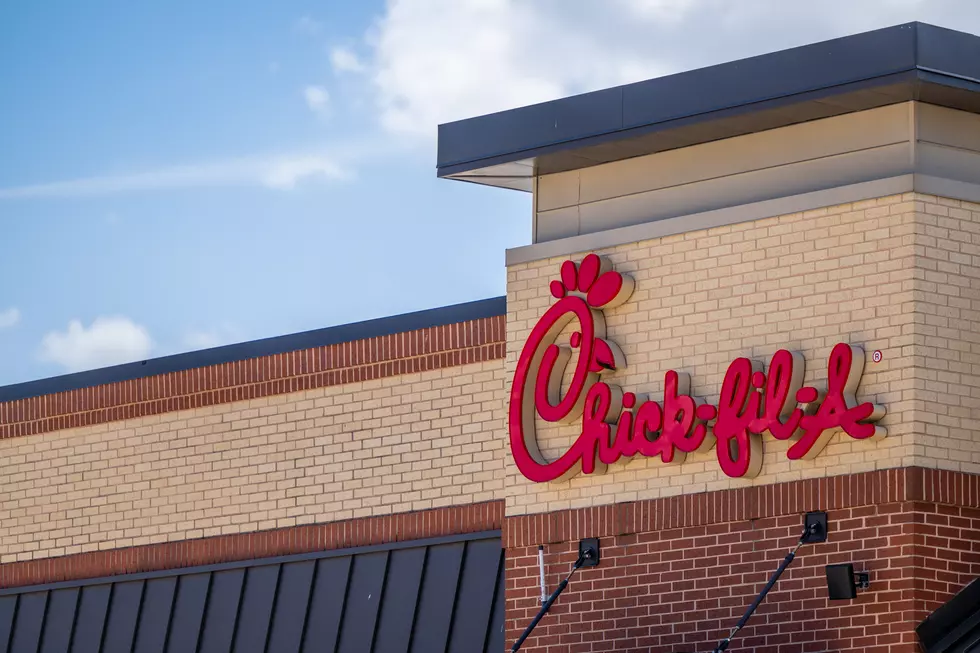
Kalamazoo’s Union Cabaret and Grille Closes Permanently
A longtime music showplace and restaurant in downtown Kalamazoo closed on Monday. The Union Cabaret and Grille, one of the Millennium Group Restaurants, drew the shades, had a staff meeting and moved out restaurant carts and other property. The building at 125 S. Kalamazoo Mall had housed the popular nightspot since 2001.
Shelly Pastor, co-founding partner of the Millennium Restaurant Group said that state-imposed COVID-19 restrictions disproportionately affected the Union and Cityscape Events. “There was just not enough revenue under the restrictions to keep the doors open. We’re heartbroken. It wasn’t an easy decision, but it was the decision, and it was based on several factors.”
People on the downtown Kalamazoo Mall on Monday saw things being moved out of the restaurant in the early afternoon. Two employees said they attended a staff meeting at 11 am and were told of the permanent closing.
Pastor said the Union Cabaret and Grille and Cityscape Events were tied together under the same lease but declined to discuss it further. Pastor says they are reaching out to clients who have booked Cityscape to give them the news personally and try to offer another venue for some of those events.
The Millennium Group also owns the Fieldstone Grill, 600 Kitchen & Bar, The Cove Lakeside and Bistro, Centre Street Tap House, Martell’s, and the temporarily closed Central City Tap House and Wine Loft. Pastor said that they will soon re-open both of the other downtown venues. “We’re sad to be closing the Union, but happy that we’re able to offer the staff an opportunity to work at our other restaurants,” said Pastor.
The Union was the only Millennium property that was primarily a music venue. From the beginning, the Union had a unique arrangement with Western Michigan University. For 19 years, young music students, professors, and WMU alumni were often featured as musical performers at the Union. Former WMU students who found their way to the professional ranks were often booked on the Union stage.
Young students from around the Midwest would come to the venue to perform as part of summer workshops and showcases. Students and adults of all ages loved the place. The service was good, the prices were affordable and the food was good. But it was the music that set the Union apart from any other establishment in Kalamazoo. It featured a large stage in the center of the room, which faced the large oval bar and sported a baby grand piano, and a sound and light system. Comfortable seating surrounded the stage, and there was plenty of seating on both ends of the large room.
Pastor says The Union was novel from day 1. “The concept, the stage, and design were all built as a collaboration between our group, WMU, and developer Meyer C. Weiner. It was Weiner’s idea, with input from three entities.”
Several generations of people from the community were drawn to the Union for music several nights a week. There were jam sessions, jazz, rock, and blues. One of the top Jazz Ensembles in the Midwest, the “Gull Lake Jazz Orchestra” played there once a month for years. Harry Boesch, the leader of that group said "Without a suitable venue, our ability to keep the band going looks pretty grim, but I'm not giving up."
Shelly Pastor said she hopes someone else will move into the space and take advantage of the space to keep the music tradition going.

Here are 50 of your favorite retail chains that no longer exist.
More From WBCKFM









